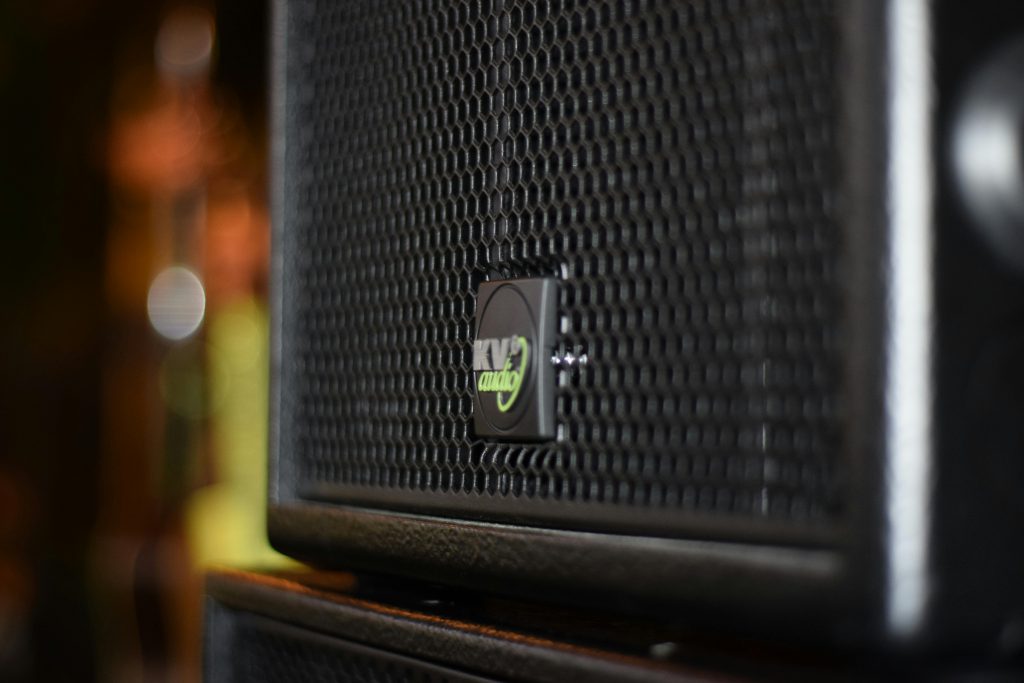Where Should Monitor Speakers Be Placed for Accurate Audio Mixing?
Achieving accurate audio mixing requires proper monitor speaker placement. Whether you are setting up a home studio or a professional recording environment, positioning your monitor speakers correctly ensures balanced sound reproduction and precise mixing decisions. In this article, we explore where to place monitor speakers for maximum efficiency and optimal sound accuracy.

The Importance of Proper Monitor Speaker Placement
Why Placement Matters
The placement of monitor speakers significantly affects how sound is perceived. Poor positioning can lead to inaccurate frequency response, misleading stereo imaging, and difficulty in making critical mixing decisions. Properly positioned monitor speakers provide a flat, uncolored sound that represents the mix accurately across different playback systems.
Common Mistakes in Monitor Speaker Placement
Many beginners place monitor speakers incorrectly, leading to poor sound quality. Common mistakes include:
- Placing speakers too close to walls, causing bass buildup.
- Uneven speaker heights, disrupting stereo balance.
- Incorrect angles, leading to phase cancellation and imaging issues.
- Sitting too far from the optimal listening position, reducing accuracy.
By understanding and avoiding these mistakes, you can achieve a more precise sound representation.
Optimal Placement of Monitor Speakers in a Studio
Positioning for the Best Stereo Imaging
To achieve proper stereo imaging, monitor speakers should be placed symmetrically in an equilateral triangle with the listener. The distance between the speakers should be equal to the distance from each speaker to your listening position.
Ideal Height for Monitor Speakers
The tweeters of your monitor speakers should be positioned at ear level when you are seated in your mixing position. This ensures that high frequencies reach your ears directly, preventing distortion caused by reflections from surfaces.
Speaker Angle and Toe-In
Monitor speakers should be angled slightly inward, aiming directly at your ears. This positioning, known as “toe-in,” improves stereo imaging and ensures that sound waves reach your ears simultaneously, providing a clearer mix.
Room Acoustics and Monitor Speaker Placement
Avoiding Reflections and Standing Waves
Room acoustics play a crucial role in sound accuracy. Position your monitor speakers away from reflective surfaces, such as walls, windows, and desks, to prevent unwanted sound reflections. Absorption panels and bass traps can help minimize reflections and improve clarity.
Distance from Walls and Corners
Placing monitor speakers too close to walls or corners can result in excessive bass buildup, creating an inaccurate low-end response. To mitigate this, place the speakers at least a foot away from walls and use acoustic treatment to control low-frequency reflections.
Different Studio Setups and Monitor Speaker Placement
Home Studios
In a home studio, space limitations may affect monitor speaker placement. Consider using stands to position the speakers at ear level and angle them correctly. Acoustic treatment is essential to compensate for small room reflections.
Professional Studios
In a professional environment, monitor speakers are placed in acoustically treated rooms with precisely calculated positions. Engineers often use multiple speaker sets to compare mixes across different playback systems.
Live Sound and Broadcast Studios
In live sound and broadcasting, monitor speakers serve as reference points for engineers. Placement considerations include noise isolation and positioning to avoid interference from other audio sources.
Testing and Adjusting Monitor Speaker Placement
Using Reference Tracks
Reference tracks help evaluate monitor speaker placement. Play professionally mixed music and adjust speaker positioning until the sound is balanced and natural.
Using Measurement Tools
Audio analysis tools, such as spectrum analyzers and room calibration software, can help fine-tune monitor speaker placement for the best sound accuracy.
Proper placement of monitor speakers is essential for accurate audio mixing. By considering stereo imaging, height, angle, and room acoustics, you can achieve the most precise sound reproduction. Whether you are in a home studio or a professional setup, optimizing your monitor speaker placement ensures better mixing results and a more accurate representation of your music. Take the time to set up your monitor speakers correctly, and your mixes will translate well across all playback systems.
